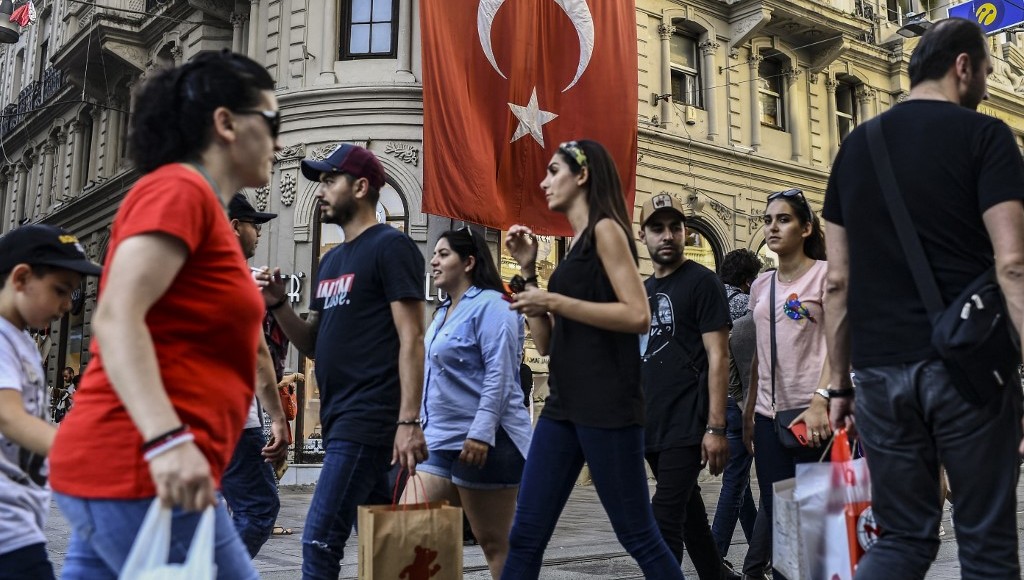Only 42 percent of the Turkish people describe themselves happy or rather happy, putting Turkey last among 30 countries with respect to level of happiness, according to the results of an Ipsos survey.
The findings of a 30-country Ipsos survey conducted Nov. 19-Dec. 3, 2021, on 20,504 adults aged 18-74 in the United States, Canada, Malaysia, South Africa and Turkey, 21-74 in Singapore and 16-74 in 24 other countries via Ipsos’s Global Advisor online survey platform, have recently been released.
Ipsos’s “Global Happiness 2022” survey’s results show that there has been a considerable decrease in the number of Turks describing themselves as happy over the past 10 years, as 89 percent of Turkish respondents of the same survey described themselves happy in 2011. Turkey was the number one country among 30 countries with the highest level of happiness at the time. Yet, the percentage of such people gradually declined over the years.
In 2012, 83 percent of the people in Turkey described themselves as happy while 2017 saw a sharp reduction in the percentage of happy people, which stood at 58 percent.
Those with the highest number of adults saying they are not happy at all are Turkey (18 percent), Argentina (14 percent) and Hungary (13 percent), while countries with the highest proportion of adults considering themselves very happy are India (39 percent), Australia (30 percent) and Saudi Arabia (29 percent), according to the survey.
Among 31 potential sources of happiness, people across the world were most likely to say they derive “the greatest happiness” from: “my physical health and well-being” (cited by 54 percent ); “my mental health and well-being” (53 percent); “my relationship with their partner/spouse” (49 percent); “feeling my life has meaning” (49 percent); “my children” (48 percent); “my living conditions” (47 percent); “my personal safety and security” (46 percent); “feeling in control of my life” (44 percent); “being in nature” (43 percent); “having a meaningful job/employment” (42 percent); and “having more money” (42 percent).
In Turkey and India, being recognized as a successful person was also cited among the leding potential sources of happiness.
One of the main findings of the survey was the strong relationship between self-reported happiness and consumer confidence. Ipsos found a remarkably high level of correlation between the percentage of adults surveyed saying they are very or rather happy and the Ipsos Consumer Confidence Index in the same 23 countries –- a coefficient of 0.73. The Consumer Confidence Index reflects consumers’ sentiment about their financial situation and purchasing comfort, the economy, jobs and investment. Turks had the lowest ranking in the Ipsos Consumer Confidence Index, too.
As the Turkish lira lost 44 percent of its value against the dollar in 2021, Turks have seen a sharp decline in their purchasing power, and protests are taking place across the country against the high cost of living and energy bills.
Turkey has already been suffering from backsliding in its economy over the past several years, with high inflation and unemployment as well as a poor human rights record.
President Recep Tayyip Erdoğan is criticized for mishandling the economy, emptying the state’s coffers and establishing one-man rule in the country where dissent is suppressed and opponents are jailed on politically motivated charges.

